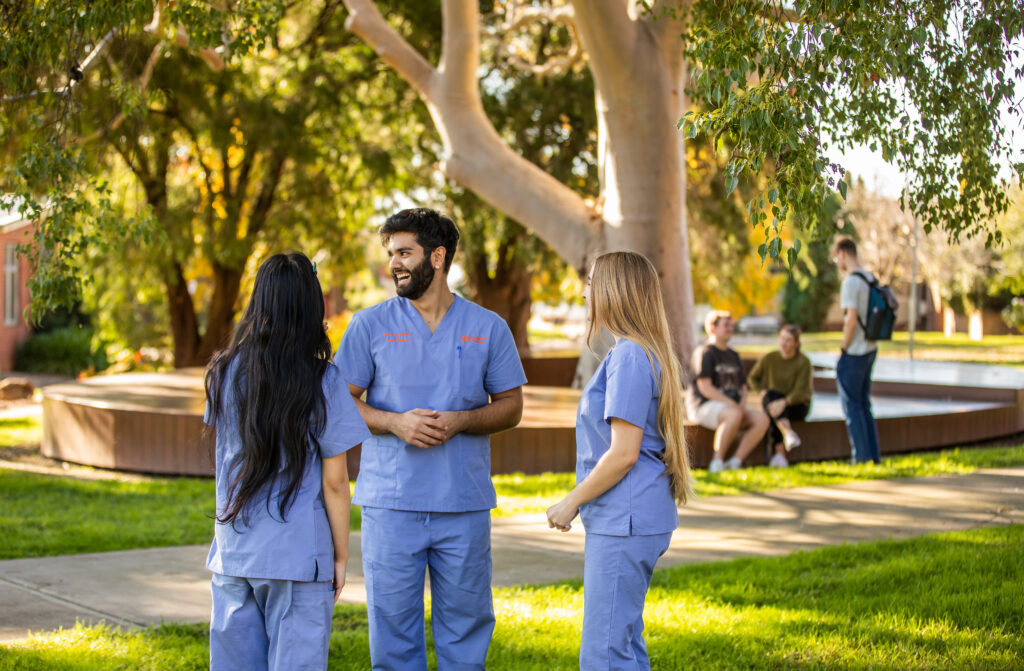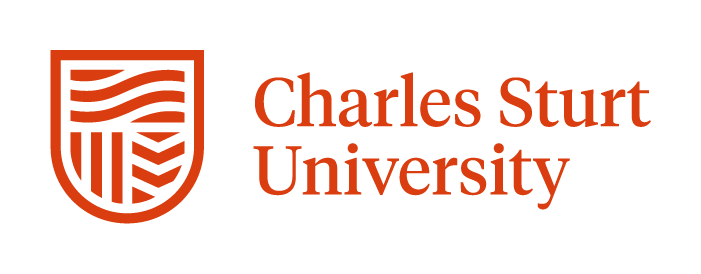Sign up to our newsletter!
The newsletter signup widget on posts

Neha Lalchandani
Neha Lalchandani is a public health researcher and enjoys the project (people) management side of her job. She possesses an uncanny love for brunost and hagelslag, and has jumped on the bandwagon of planning her everyday life around the weather (as one should in Australia). She has lived long enough as an international student and always has a trick up her sleeve if you ever need one!





